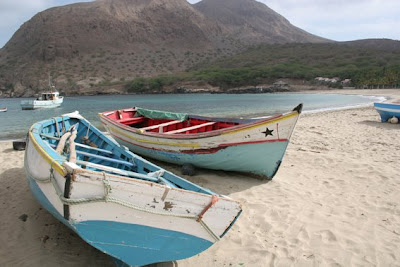The Good and Bad Sides of America's Economic Mess

America's financial turmoil and economic mess is now spreading wide and fast across the Globe. The good side in all this is: as the US is the biggest consumer and wastes more, per capita, than any other country - less money in American hands and less spending by Americans, will affect not only America's production, but Western Europe's, Japan's, Korea's, India's and more importantly - China's. That would in turn mean - less trees and forests disappearing; less gas and oil used and hence less autos on the roads and less engines running - meaning less environmental damage; and it would mean that the World's resources will be a little less consumed. It also means that: while all along the US has been lecturing other countries on fiscal policies and disicipline, especially African countries, America, in the last few years, has had the least disicpline and very little financial ethics, in turn leading to its worse economic mess since the Great Depression. It ...





_grab.jpg)